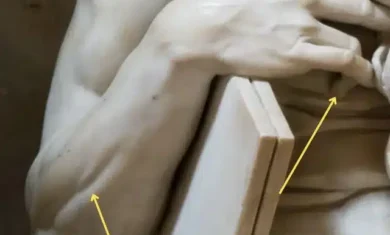I recently shared the question of whether meta work is worth the effort. It’s certainly situational, but I’m finding that it often can pay off quite well in the long run.
In that previous post, part of the thought was around tracking books from lists that people suggest. Similar to the list that I shared last time, I’ve started adding the books mentioned in the new podcast from Adam Walker and Jeff Hilimire called “Who as time to read?” to my database as well.
I respect the opinions of those two guys quite a lot, so adding those insights into Obsidian seemed like a wise thing to do. After each episode, I pull their list of books and add them all in. I’ve read some of them previously, I plan to read others, and I plan to skip some of them, but it’s helpful to put all of them in there for reference.
People
To back up a bit, I add every person that I come across in meetings and readings into Obsidian, leading to having around 3,500 people in my Obsidian database so far. In adding them, I’ve found it best to keep it simple — friends, authors, athletes, astronauts and everyone else all go into the same bucket. It’s similar to the idea of Multiplexity that I keep for my phone contact list; one big group is easier than trying to split things up.
Jeff Hilimire is a great example of that. I know him personally, so he might be a “friend”. He’s also runs a great agency, so he’s “business”. He also hosts a podcast (and has been on mine), so “podcaster” could work. He also has written a handful of books, so “author” would be accurate as well. At the end of the day, trying to put him in a single bucket would be impossible, so he’s in the same list with my coworkers, friends, Abraham Lincoln, Seth Godin, and Michael Jordan. People are people.
Books
I do the same with books. If a book gets mentioned in my notes, it gets a note all to itself for the benefit of future cross-linking. For example, “The War of Art” mentions Homer’s “The Odyssey”, so I added that book in there. It’s just a stub of a note right now, but maybe it’ll grow over time.
Looking at “The War of Art”, it started as a stub note years ago when Seth Godin mentioned it in a post and also referenced it in his book “The Practice“. It later showed up in a list of “100 books you need to read before you die“. I’ve since read the book, and I just recorded a podcast that will be published on Stacking Knowledge in the coming weeks. Over the years, that simple note has become quite robust.
Perhaps “The Odyssey” will stay as a mostly empty note forever, or maybe it’ll someday be built out in a huge note with many references and ideas. I can’t see the future, so I’m finding it helpful to just add every book that I come across in there and see where things go, and save myself the slight mental cost of determining what should go in there and what shouldn’t.
Those little notes can really add up, and I love it!




